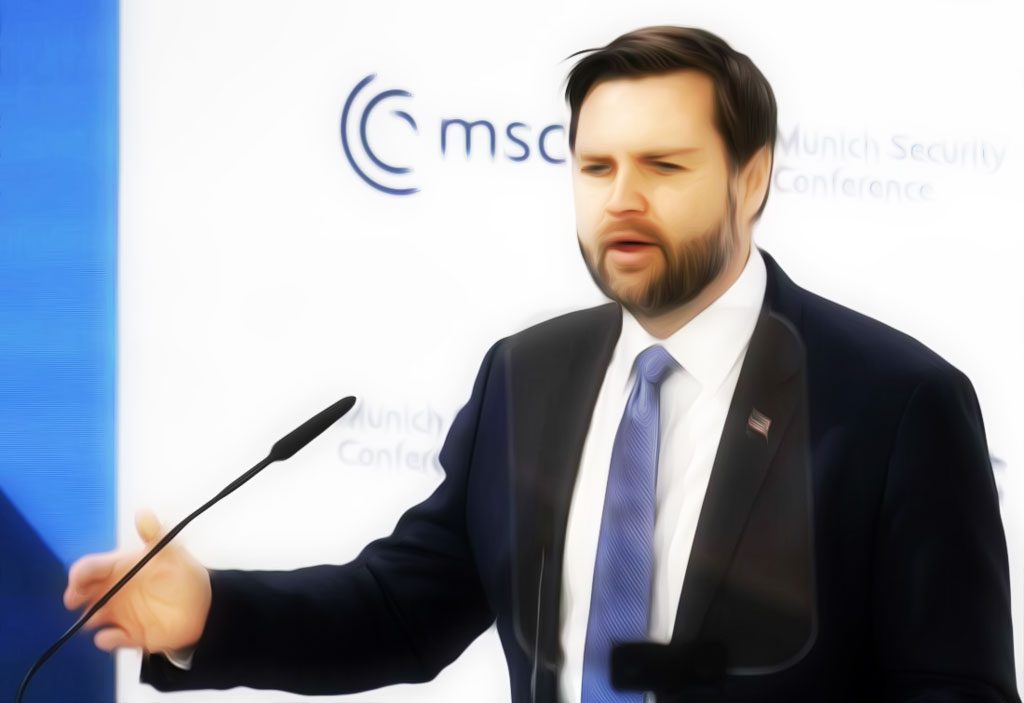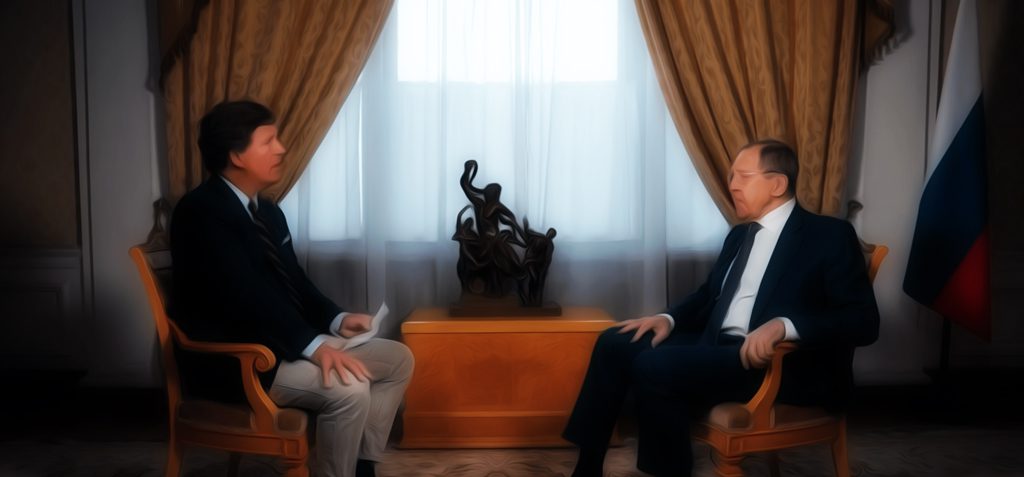Tensions between global powers are at a boiling point, and the potential for catastrophic outcomes is growing. Recent moves by the United States and its allies, such as deploying missiles into Russian territory, have been criticized as extreme provocations that could lead to retaliation. These actions have raised fears not only of direct conflict but also of deliberate manipulation, including the possibility of false flag operations that could destabilize global and domestic order.
The provocations come at a precarious time, with one expert describing them as a “desperate regime” acting out in ways that test the patience of Russian President Vladimir Putin. “We’re asking [Putin] to do things we would never tolerate if reversed—imagine if someone sent missiles to target Austin or San Francisco,” they noted. This escalation raises concerns about the possibility of Russia responding with a significant attack, which could further spiral into chaos.
A particularly alarming scenario involves the idea of a false flag operation—a staged or misrepresented attack designed to justify aggressive actions or consolidate power domestically. Analysts fear this could include claims of a nuclear or missile strike on U.S. soil, potentially triggering martial law, activating military forces on domestic soil, and suppressing political dissent. As one source noted, such events could pave the way for authoritarian measures, such as quarantine camps for dissidents and the suspension of elections, all justified under the guise of national security.
The domestic political environment adds another layer of complexity. The U.S. Constitution requires congressional approval for acts of war, yet it remains unclear whether recent military actions comply with these legal requirements. There are growing calls to invoke the 25th Amendment if the president is deemed unfit to govern. “Congress can convene right now and decide what to do next… The Constitution makes clear they are in charge if the president is impaired,” one expert explained. However, no meaningful steps appear to have been taken to address these concerns, leaving a dangerous gap in accountability.
The situation is further complicated by the role of media and artificial intelligence in shaping public perception. There are fears that these tools could be used to construct narratives that obscure the truth or create panic. “If there’s a nuclear strike—or if there isn’t one—we may not know the real story for months,” one analyst pointed out, highlighting the challenge of distinguishing fact from fiction in an age of digital misinformation.
Despite the high stakes, there appears to be a lack of diplomatic efforts to resolve the conflict. The U.S. and Russia have reportedly not engaged in high-level talks for years, and there is little evidence of attempts to broker peace. Instead, the focus remains on escalating tensions, funding military operations, and further fueling the conflict. As one observer noted, “There’s no diplomacy here—just more missiles, more money laundering, and more profits for defense contractors.”
The broader implications of these developments are sobering. Crises, whether real or manufactured, can be used to justify extraordinary government actions that erode civil liberties. History has shown that moments of panic often lead to measures like martial law, surveillance, and the suppression of dissent. “This isn’t just about preventing a transfer of power; it’s about solidifying an authoritarian regime,” one commentator warned.
As the world watches these events unfold, it is crucial to remain vigilant and demand accountability. Greater transparency, adherence to constitutional principles, and a renewed focus on diplomacy are essential to avoid further escalation and protect democratic norms. Citizens must push for peaceful resolutions and resist efforts to exploit crises for political or authoritarian gains. The stakes could not be higher—for global stability and for the preservation of liberty at home.





